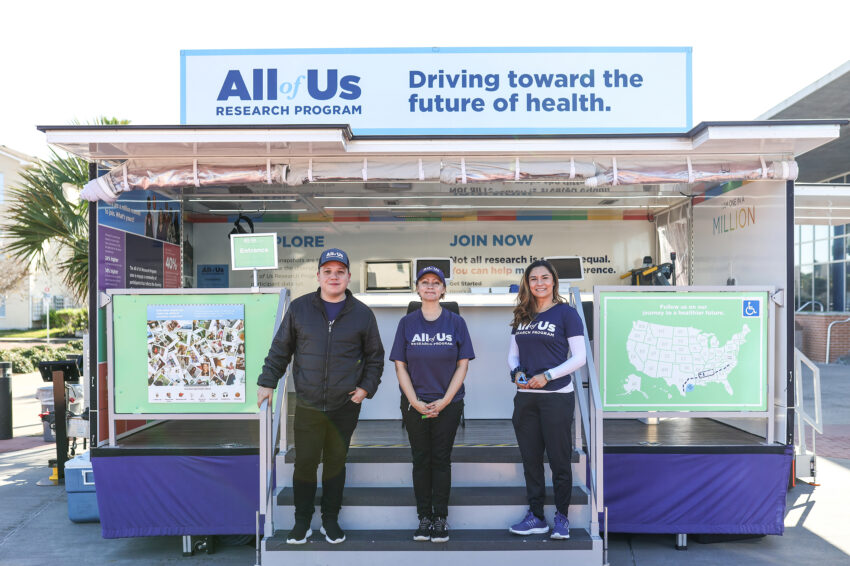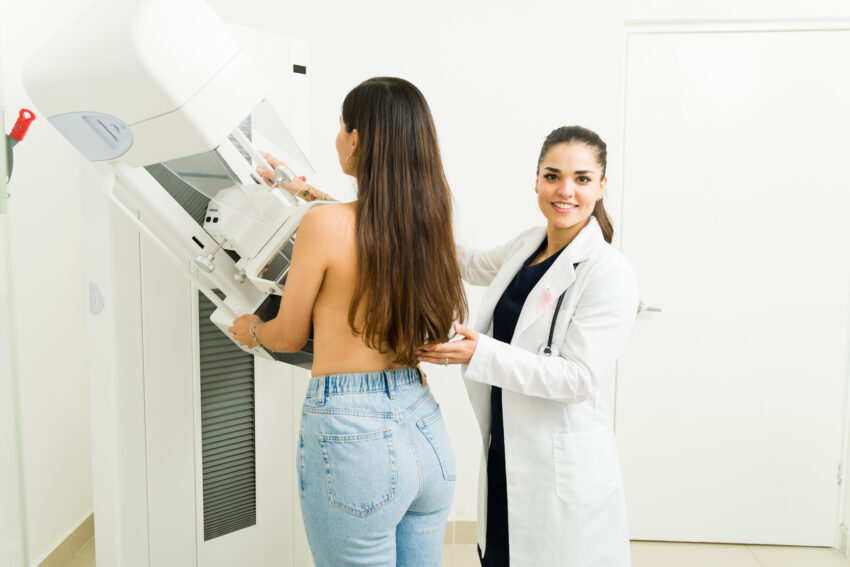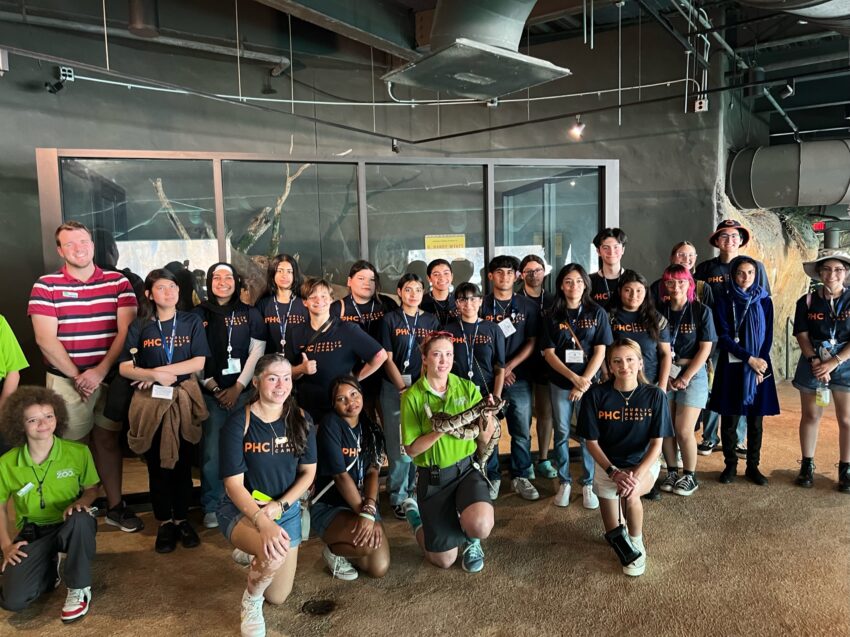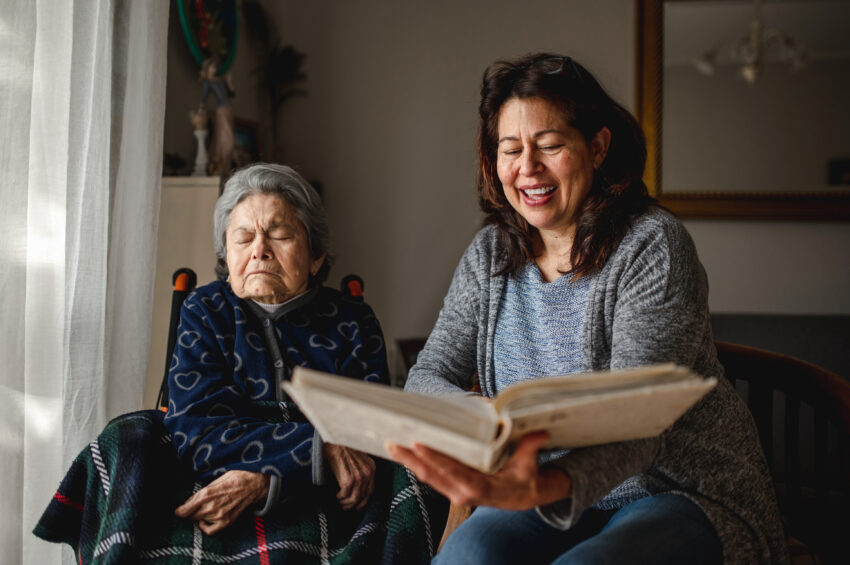Buckle Up! The All of Us Research Program is Hitting the Road with National Tour

Sit down and buckle up because the National Institutes of Health’s All of Us Research Program could be pulling into a town near you! On April 16, 2024, the All of Us Research Program announced its annual nationwide tour focused on engaging historically underrepresented communities in medical research, according to a recent news release. The national mobile tour, dubbed “the All of Us Journey,” kicked off its route with stops on the East Coast in Ohio before eventually making its way to the New York area in early May. Other East Coast stops include Washington, D.C., Maryland, and Virginia along with first-time destinations of Vermont, New Hampshire, and Rhode Island. The program plans to visit more than 80 communities, including central regions like Texas, Colorado, and New ...
Read More







